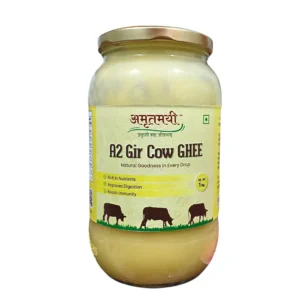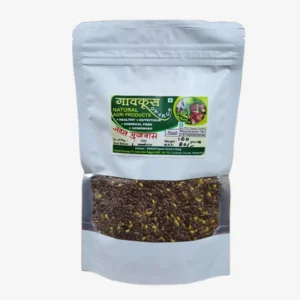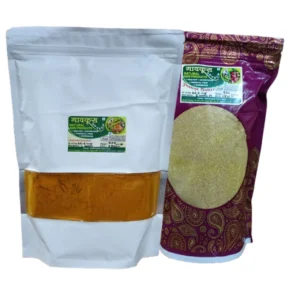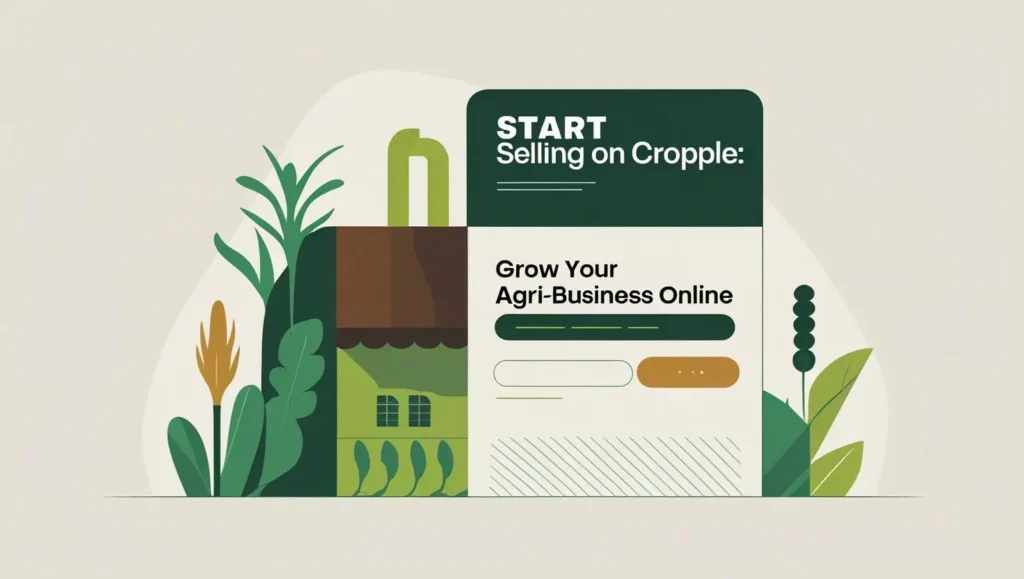Organic Farming in India: A Growing Revolution
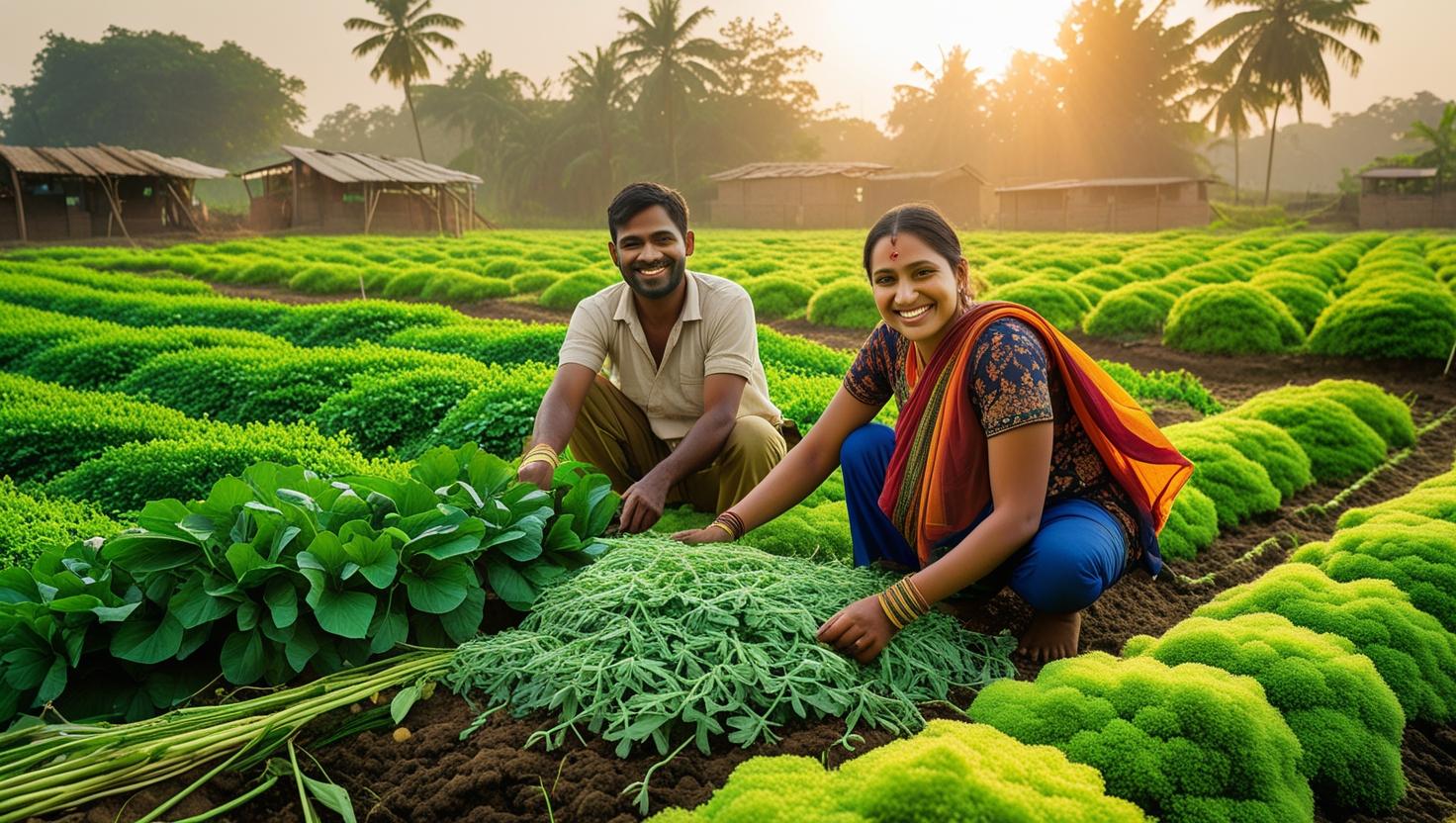
Organic farming in India is more than just a method of cultivation—it is a return to nature. With increasing health consciousness, demand for chemical-free food, and the need to protect the environment, organic farming is witnessing a resurgence across the country. This eco-friendly practice is not only beneficial for human health but also ensures long-term sustainability of soil and biodiversity.
What is Organic Farming?
Organic farming is a method of growing crops and raising livestock without the use of synthetic chemicals such as fertilizers, pesticides, or genetically modified organisms (GMOs). Instead, it relies on natural inputs like compost, cow dung, neem oil, green manure, and biological pest control.
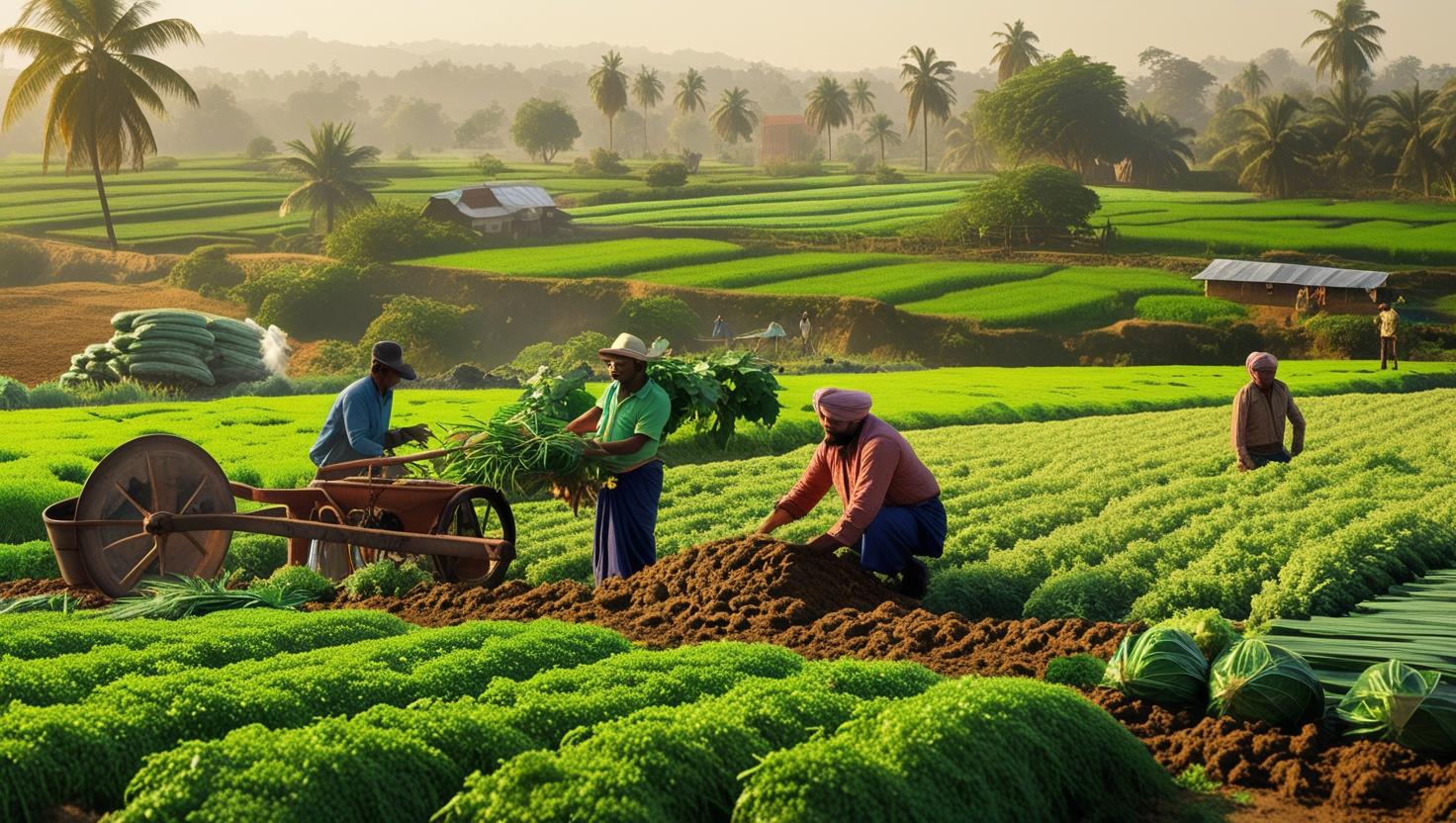
History and Growth in India
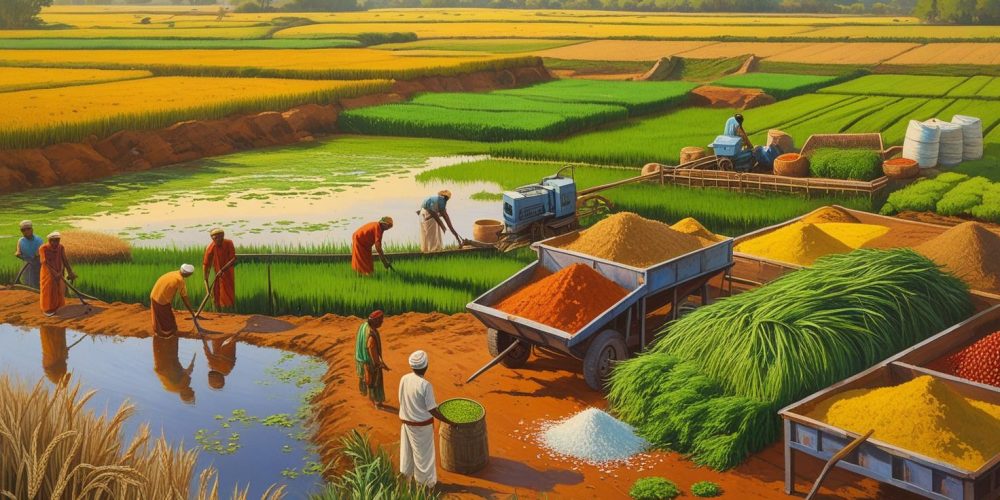
India has a rich tradition of organic practices that were followed for centuries before the Green Revolution. In recent decades, however, the use of chemical inputs became widespread. But due to rising concerns about food safety, environmental damage, and soil degradation, farmers are now returning to organic methods.
Key Stats:
India has over 2.6 million organic farmers—the highest in the world.
States like Sikkim, Uttarakhand, Madhya Pradesh, and Maharashtra are leading in organic farming.
Government schemes like PKVY (Paramparagat Krishi Vikas Yojana) and Mission Organic Value Chain Development are promoting organic agriculture.
Benefits of Organic Farming
For Farmers:
Reduces input costs
Increases soil fertility
Offers premium prices in markets
For Environment:
No chemical run-off in water bodies
Maintains biodiversity and pollinators
Helps mitigate climate change
For Consumers:
Safe, healthy, and nutritious food
No pesticide residues
Better taste and freshness

Challenges in Organic Farming
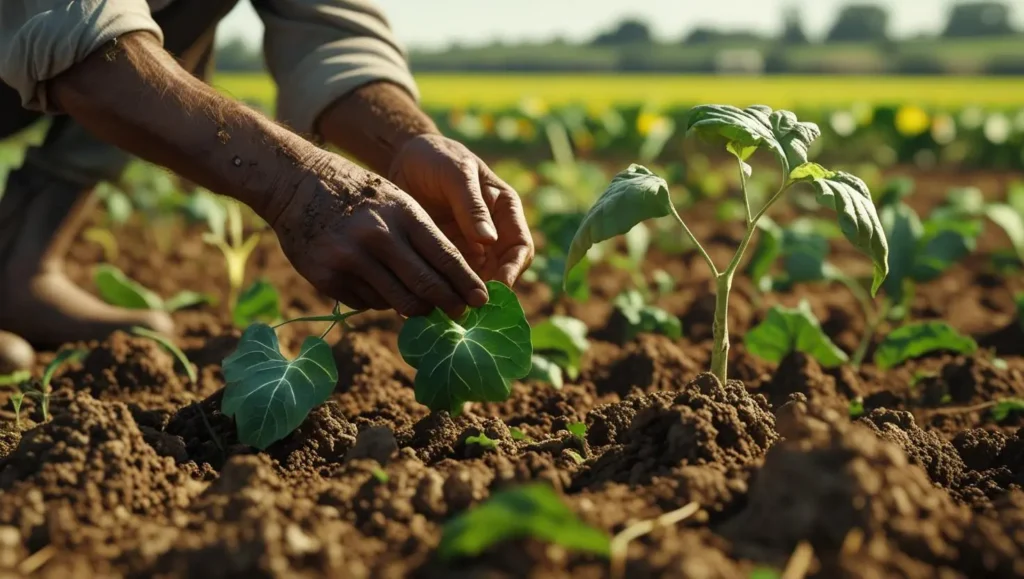
Despite its benefits, organic farming faces several hurdles:
Lack of awareness and training
Difficulty in obtaining organic certification
Lower yields during transition phase
Limited market linkages for organic produce
Cropple: Bridging the Gap
Platforms like CroppleFarms are playing a vital role in empowering rural producers and connecting organic farmers directly with consumers. By offering a digital marketplace, it ensures:
Fair pricing for farmers
Transparency for buyers
Promotion of chemical-free farming
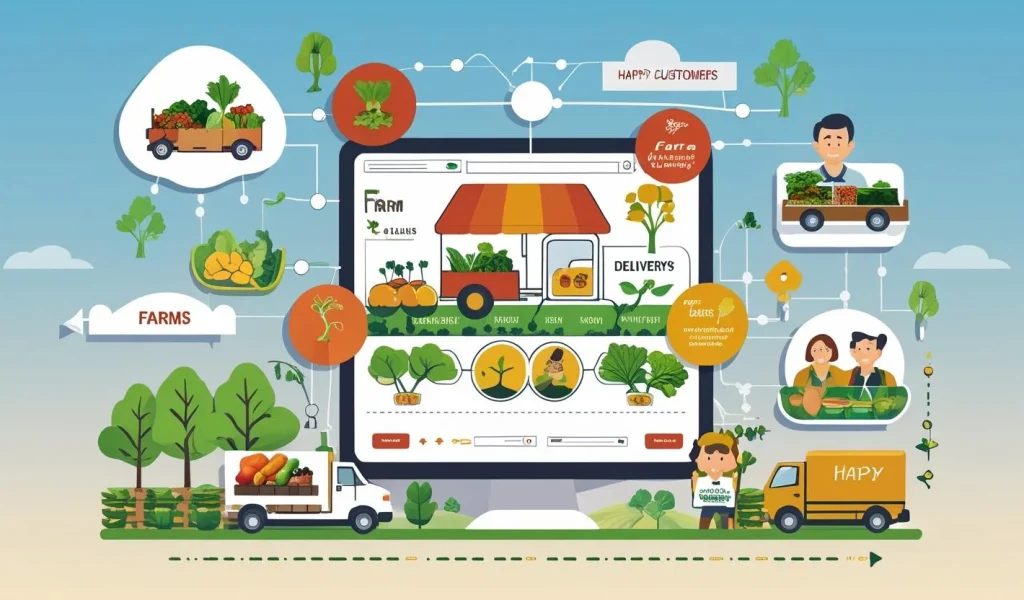
Conclusion
Organic farming in India is not just a trend—it’s a movement towards health, sustainability, and rural empowerment. With growing awareness and support from government and startups, organic agriculture is set to transform the future of Indian farming.
Shop Now
-
A2 Gir Cow Ghee 100% Organic 250g Vedic Bilona Method
₹249.00 – ₹1,549.00Price range: ₹249.00 through ₹1,549.00Rated 5.00 out of 51 reviewSelect options This product has multiple variants. The options may be chosen on the product page- 150g
- 1kg
- 250g
- 500g
Clear150g1kg250g500g -
Waigaon Turmeric | 100% Organic | High Curcumin |200g, 500g
₹179.00 – ₹339.00Price range: ₹179.00 through ₹339.00Select options This product has multiple variants. The options may be chosen on the product page- 200g
- 500g
- 80g
Clear200g500g80g -
Javas Mukhwas | Flaxseed Mouth Freshener | 100g
₹80.00Original price was: ₹80.00.₹79.00Current price is: ₹79.00. Add to cart -
Gavkus Desi Dhaniya Powder & Waigaon Turmeric Powder Combo | Both 500g |
₹400.00Original price was: ₹400.00.₹399.00Current price is: ₹399.00. Add to cart -
Raghavi Wooden Pressed Flaxseeds Oil | Javas Tel | Ghani Tel | Cold Pressed Oil | 1L
₹649.00Original price was: ₹649.00.₹559.00Current price is: ₹559.00. Add to cart -
Raghavi Wooden Pressed Organic Groundnut Oil | Lakadi Ghani Tel | 1L
₹449.00Original price was: ₹449.00.₹399.00Current price is: ₹399.00. Add to cart

